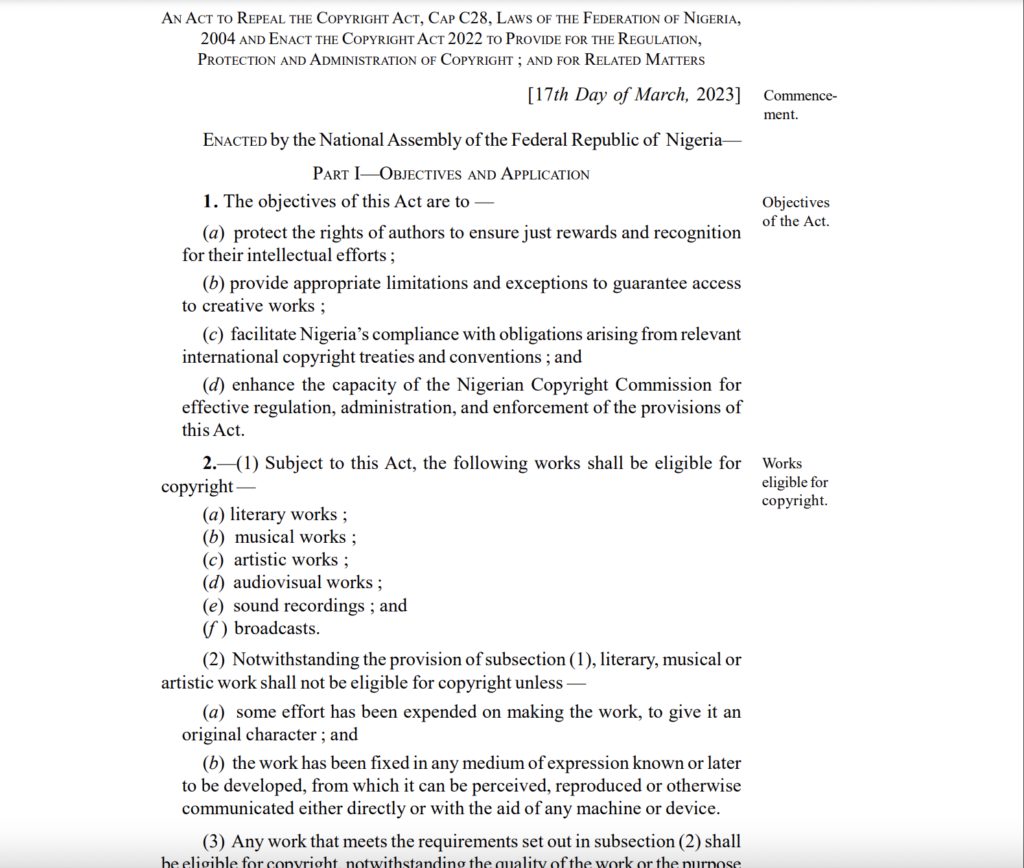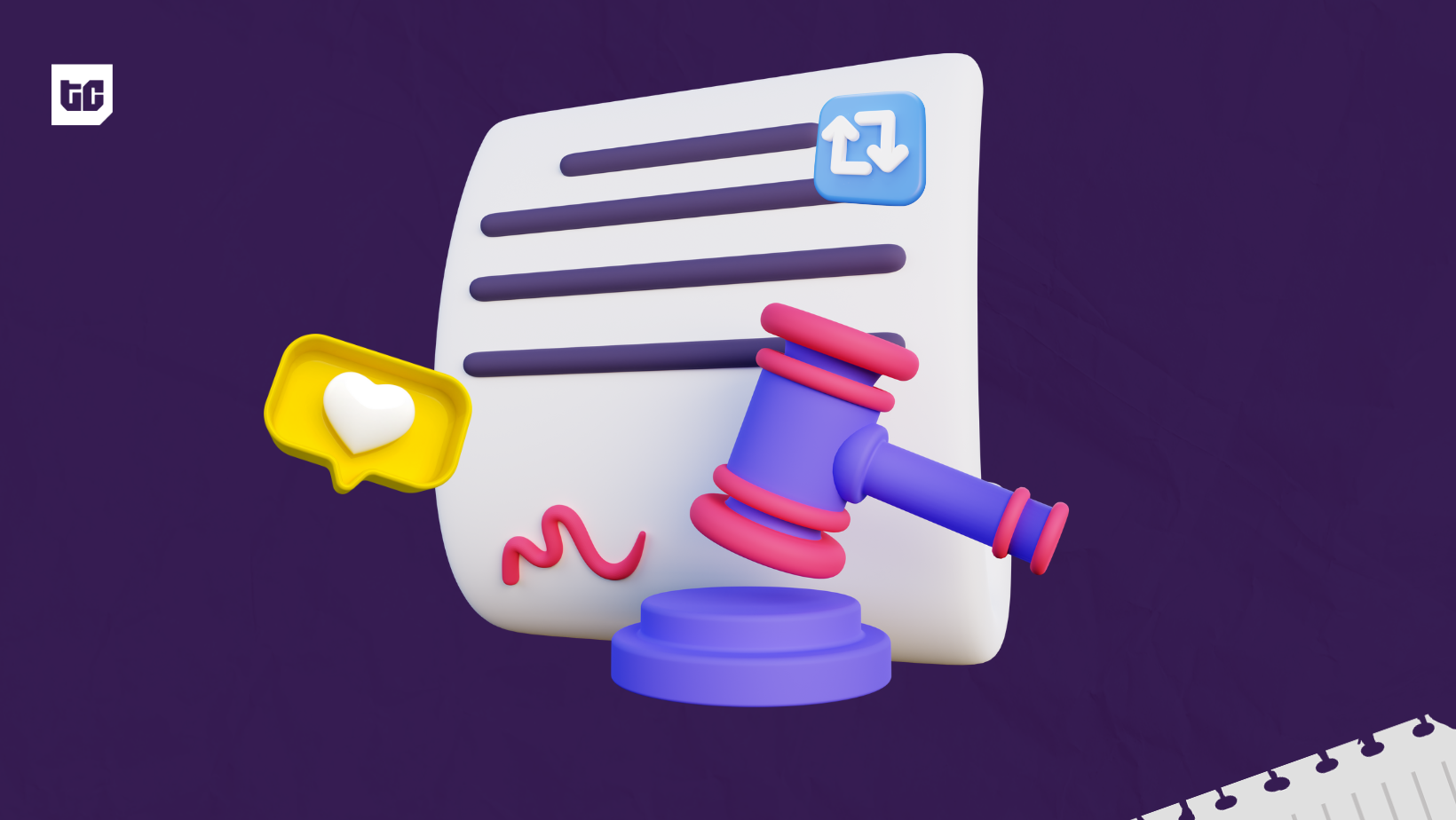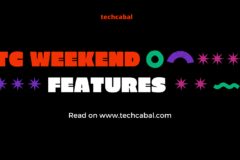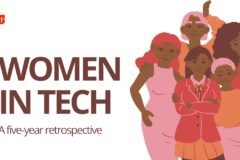On December 4, Renike, an artist and illustrator got news about her images being used on TikTok and Instagram by an online store. On sending a message to the perpetrator to take them down, they claimed not to know that it was wrong. It wasn’t the first time this would be happening to her. In 2021, Renike found out that someone was selling large prints of her work, printing them on t-shirts for sale as well. They only stopped after receiving a cease-and-desist letter from Renike and her lawyers.
Many copyright owners have to deal with intellectual property theft from online creators who seem to be uneducated on copyright laws and rights. This behaviour threatens creators’ livelihoods and undermines trust within the online ecosystem.
Many online creators employ the use of music, videos, and photos from other creators while creating theirs, but there seems to be a lot of learning to do about what copyright entails and even how to properly interact with other creators’ work. Copyright is an intellectual property (IP) right under Nigerian laws, and IP is defined as anything that’s born out of intellect and enjoys protection under the law, but that’s not the only requirement for a piece of content to be considered IP. For anything to be considered IP and not just an idea, it has to meet certain criteria: sufficient work has to go into creating it, it has to be an original idea, and it has to be placed in a fixed medium of expression, i.e as a recorded song, a book, a movie, a logo, or a piece of art. This is outlined clearly in Nigeria’s Copyright Act of 2022.

According to a report, 97.7% of content creators view music as essential to creating their own content, so it’s safe to say that only very few creators don’t need to use other people’s work in their content. This is the case for Joshua*, a creator who makes funny videos that live on Instagram and TikTok.
“Platforms like TikTok typically flag content that has more than 30 seconds of someone’s music or sound, but 90% of what goes into my videos is my own content,” Joshua told TechCabal. “I often tag and credit the creators if they’re not very popular.”
However, adding credit isn’t sufficient because each piece of content that counts as IP is considered an asset and can be monetised. This means that proper attribution goes beyond just giving credit to the original creator; it has to be done a certain way for it to be right and complete. This means that to use the copyright of someone else’s IP, you have to reach out to them, give them sufficient information on what the piece of content is to be used for and seek their consent. Otherwise, the piece of content is being devalued, and the original owner might be losing money, whether they know it or not. Of course, like many things, there are a few exceptions to the rule, according to Habibat Abubakar, an IP and tech practice lawyer at DLA Piper.
“There are exceptions, and we call them fair use,” Abubakar told TechCabal. “There are times when it’s permissible to use a creator’s work without getting permission from them, and these include for educational purposes or parody or satire. Commercialisation is completely out of the question, so it’s always a good idea to reach out to ask for consent.”
What actually constitutes IP infringement?
According to the Nigerian Copyright Act of 2022, any use or copying of images, music/sound or other forms of IP without permission or consent, especially for commercial purposes, counts as infringement. In such cases, the original owner has the right to seek legal remedies. These typically start with issuing a notice to the infringer, notifying them to take down the piece of content, and in the case where this doesn’t work, issuing a cease-and-desist. If, after the cease-and-desist, they don’t comply, the court can grant injunctions that legally bind the other party to remove or delete the content or be held in contempt of court or face legal ramifications.
Caleb Nmeribe, another associate at DLA Piper, expands more on these rights. “There are safeguards under this law that are meant to protect creators from infringement. You have the moral right to safeguard your work from (commercial) exploitation, the right to be attributed and associated with your work, and the right for people to seek consent for the use of your work,” he explained.
Other IPs include trademarks, patented designs, etc. The owners of these IPs can sue for the use of their property if infringement is discovered. Creators need to be aware of what counts as intellectual property, how it can be monetised, how to protect their IP assets, and how to properly interact with other creators’ assets as well. The Copyright Act also helps to protect against digital piracy. It also has provisions that protect creators from infringement and devaluation of their works: people can ask for their work to be taken down, and even repeat offenders could have their social media accounts taken down.
Content creation is a business for many, and for businesses to grow and work, they have to be built on the right structures, which include integrity and the right moral code of ethics. For the creator economy to grow and thrive as much as we want and expect it to, being completely aware of what copyright law entails and what counts as IP infringement is the best way to work properly with other creators and not stand in the way of them getting their coins.





















